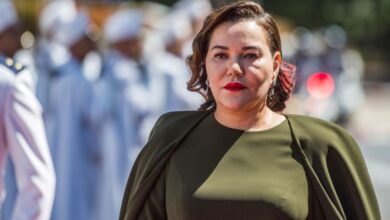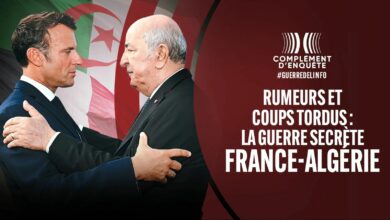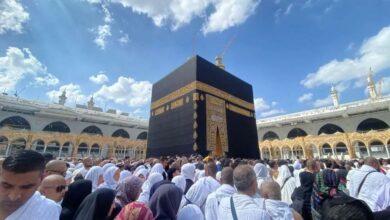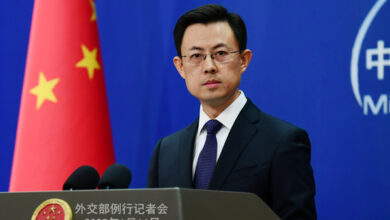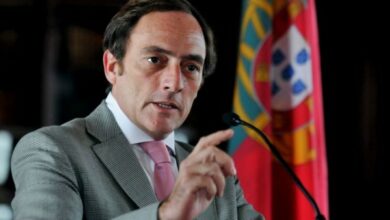Spanish Journalist Faces Death Threats After Exposing Algerian and Polisario Deception in Tindouf
Spanish Journalist Faces Death Threats After Exposing Algerian and Polisario Deception in Tindouf
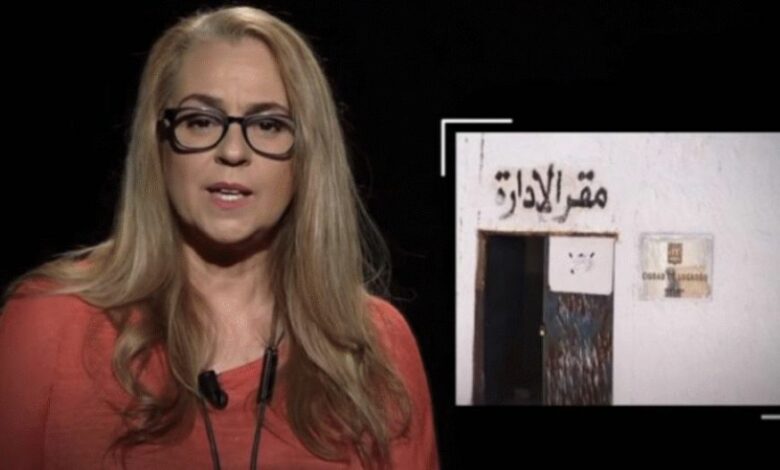
Aldar / Analysis
In a direct confrontation with decades of propaganda and disinformation orchestrated by Algeria and the Polisario Front, Spanish journalist and documentarian Djidei Patricia sparked major controversy after releasing her documentary “From Tindouf to Laayoune: The Road to Dignity.” The film reveals shocking details from within the Polisario-run camps in Algerian territory and has led to serious death threats against her.
Patricia entered the Tindouf camps under coordination with Polisario elements, intending to produce a neutral journalistic report. However, she was met with a reality starkly different from the narrative commonly portrayed in European media. She recounted being under constant surveillance by an Algerian army officer who restricted her movements and prevented her from freely interviewing the residents. This, she explained, made it clear that the camps are under tight security control that hides the truth from the outside world.
Speaking at an international forum in Dakhla, Patricia described the glaring contrast between the dire living conditions of the camp residents and the comfortable, even luxurious lives of the Polisario elite. She highlighted the systematic embezzlement of European humanitarian aid, which is meant for the so-called refugees but is instead used by the leadership as a tool of political leverage — all under the silent complicity of Algerian authorities.
The documentary went beyond Tindouf, documenting her visit to Laayoune in Morocco’s southern provinces. There, Patricia said she experienced a complete shift in perception. Contrary to the narrative she had been exposed to, she discovered a vibrant, modern city with advanced infrastructure, social services, and a lively, inclusive atmosphere. In interviews with elected officials and local residents of Sahrawi origin, she heard firm testimonies of belonging to Morocco and explicit rejection of the separatist claims of marginalization or occupation — claims long perpetuated by the Polisario in international forums.
Djidei Patricia paid a steep price for her journalistic courage. Following the documentary’s release, she received direct death threats — a clear attempt to silence a dissenting voice that dared to expose an uncomfortable truth without ideological bias or political alignment. Nevertheless, the journalist affirmed her unwavering commitment to her professional ethics, insisting that what she witnessed in both Tindouf and Laayoune deserves to be known. For her, journalism must shine light on what political propaganda tries to obscure — not echo hollow slogans.
In an era where media has become a battleground of conflicting narratives, Djidei Patricia’s testimony stands out as a rare, principled voice — one that chose to tell the story honestly and confront the machinery of disinformation with the tools of free, investigative journalism, even at the risk of her own safety.

